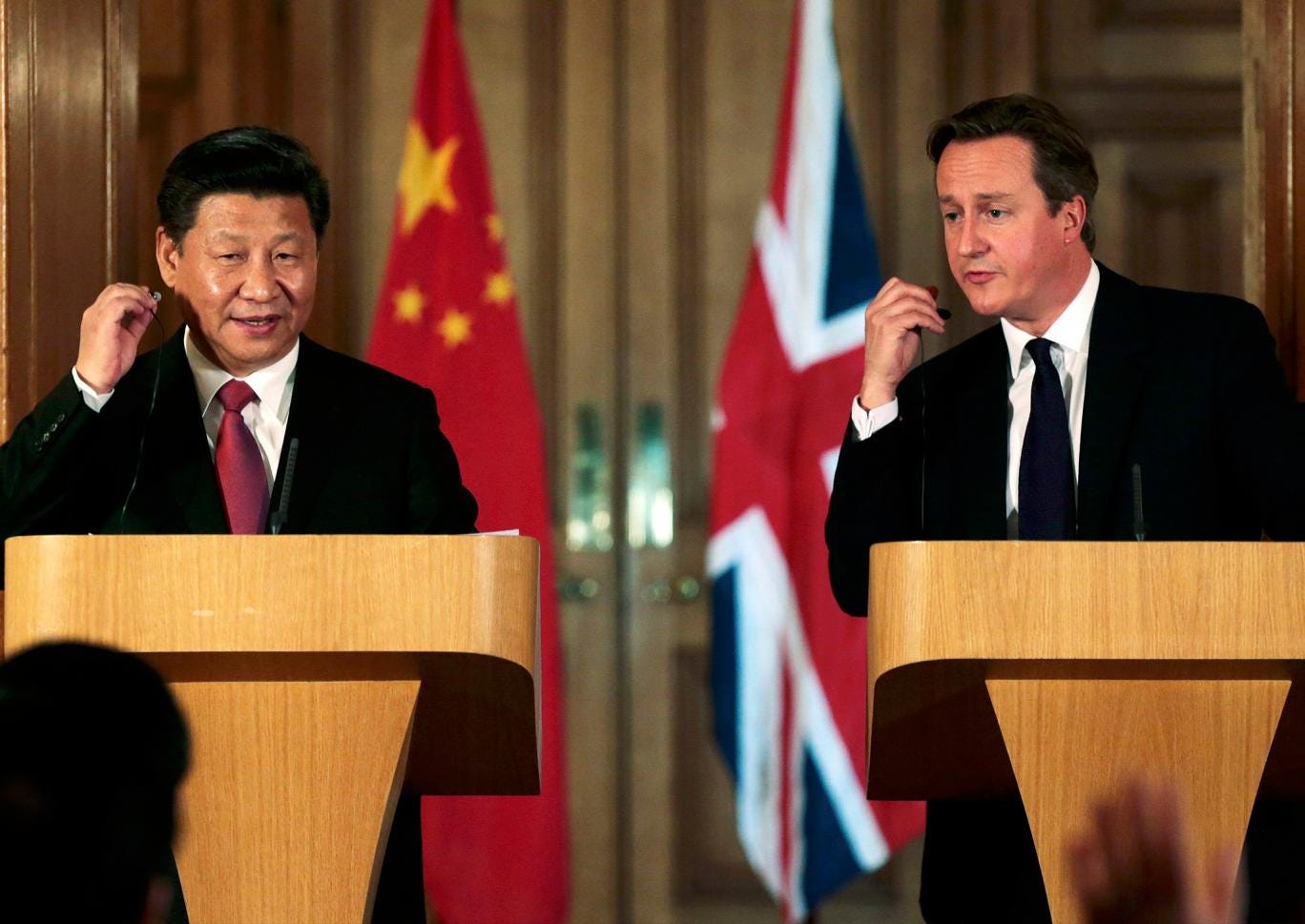 Xi Jinping and David Cameron attend a joint press conference in 10 Downing Street Suzanne Plunkett - WPA Pool/Getty Images
Xi Jinping and David Cameron attend a joint press conference in 10 Downing Street Suzanne Plunkett - WPA Pool/Getty ImagesI expect the Government is worried after the state visit from the President of China that we weren’t quite grovelling enough. George Osborne must be fretting – “We should have let him win Strictly Come Dancing” – while Cameron shakes his head and says, “My idea was to give him Joanna Lumley as a present.
“In return they might have agreed to buy the New Forest, instead we didn’t get so much as a panda.”
Iain Duncan Smith will demand that next time, instead of giving him a length of red carpet, we nail Tibetan monks to the floor so he can walk on them.
Theresa May will complain the premier should have been allowed to partner Wayne Rooney up front against Manchester City, and Jeremy Hunt probably wishes he’d read out the poem he’d written specially, that starts “O President Xi, even your wee, is wine finer than Jesus’s from Galilee.”
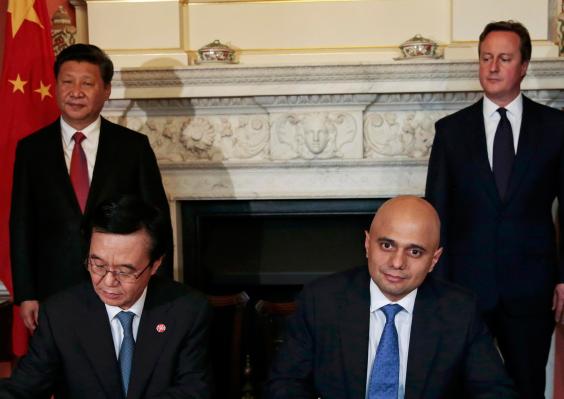
Sajid Javid and China's Gao Hucheng sign an agreement in 10 Downing Street while David Cameron and Xi Jinping look on
As usual the person who tried to really spoil the occasion was Jeremy Corbyn, who’s such an extremist communist that he insisted on complaining about the behaviour of communist China.
If he was a sensible moderate of the centre ground, he’d have donated his beard as a gift to the Chinese Communist Party and ignored the habit of sentencing people to death at mass rallies. Those rallies are a sign that China is becoming more liberal – it’s a nice touch to allow the masses to be involved, making the occasion a people’s execution.
According to Amnesty International, China executes more people than the rest of the world put together. And that’s just the sort of efficiency and high rates of productivity we need to aspire to if we’re to make British industry great again.
For too long the West has been prepared to trudge along, wiping out prisoners one at a time on Death Row with (eventually) lethal injections and cumbersome hangings, but the Chinese Communist Party have set a new standard, zapping them away dozens at a time, with a "can-do" spirit that makes them ideal for building our nuclear power plants.
They’re so imaginative with new technology that while constructing this power station they may develop a new efficient method of providing energy, which is to use the heat from all the Tibetan monks that set themselves alight in protest at the Chinese occupation.
Cameron insists he did discuss human rights in private with President Xi, and I’m sure he was very influential. He probably made such an impression that the President persuaded Cameron to execute people by firing squad, then send the family a bill for the bullet, so who says there’s no meaningful dialogue?
The Prime Minister explained how these discussions work: “The more we trade, the better placed we are to discuss human rights.” In that case we should try this method everywhere. To start with we can ask North Korea to run a couple of our industries – small ones to get started, such as water and the Premier League – and then we’ll be in an ideal position to chat to Supreme Leader Kim Jong-un about the way he starves people to death.
Then we can start a lively sword deal with Isis. If that goes well we can invite them to run our banks, which will make us suitably placed to point out we take a very dim view of their policy on massacring Christians.
This is one more example of how the Tories have occupied the centre ground of politics. They’ve become such pacifists that Cameron will surprise us in the debate about Syria by saying: “What they all need over there is some love. So I’ve invited all the factions to tea with the Duke and Duchess of Cambridge, then we’ll ask them all to present their business plan on Dragon’s Den and see if we can get a bit of trade started so we’ll be better placed to discuss human rights.”
To be fair to President Xi, he did say his government’s record on human rights leaves “room for improvement.” As he displayed such self-awareness, I hope Cameron said to him, “Oh Mr President, please don’t be so hard on yourself.”
Because it’s not the President’s fault if the laws in China leave room for improvement.
If he was a sensible moderate of the centre ground, he’d have donated his beard as a gift to the Chinese Communist Party and ignored the habit of sentencing people to death at mass rallies. Those rallies are a sign that China is becoming more liberal – it’s a nice touch to allow the masses to be involved, making the occasion a people’s execution.
According to Amnesty International, China executes more people than the rest of the world put together. And that’s just the sort of efficiency and high rates of productivity we need to aspire to if we’re to make British industry great again.
For too long the West has been prepared to trudge along, wiping out prisoners one at a time on Death Row with (eventually) lethal injections and cumbersome hangings, but the Chinese Communist Party have set a new standard, zapping them away dozens at a time, with a "can-do" spirit that makes them ideal for building our nuclear power plants.
They’re so imaginative with new technology that while constructing this power station they may develop a new efficient method of providing energy, which is to use the heat from all the Tibetan monks that set themselves alight in protest at the Chinese occupation.
Cameron insists he did discuss human rights in private with President Xi, and I’m sure he was very influential. He probably made such an impression that the President persuaded Cameron to execute people by firing squad, then send the family a bill for the bullet, so who says there’s no meaningful dialogue?
The Prime Minister explained how these discussions work: “The more we trade, the better placed we are to discuss human rights.” In that case we should try this method everywhere. To start with we can ask North Korea to run a couple of our industries – small ones to get started, such as water and the Premier League – and then we’ll be in an ideal position to chat to Supreme Leader Kim Jong-un about the way he starves people to death.
Then we can start a lively sword deal with Isis. If that goes well we can invite them to run our banks, which will make us suitably placed to point out we take a very dim view of their policy on massacring Christians.
This is one more example of how the Tories have occupied the centre ground of politics. They’ve become such pacifists that Cameron will surprise us in the debate about Syria by saying: “What they all need over there is some love. So I’ve invited all the factions to tea with the Duke and Duchess of Cambridge, then we’ll ask them all to present their business plan on Dragon’s Den and see if we can get a bit of trade started so we’ll be better placed to discuss human rights.”
To be fair to President Xi, he did say his government’s record on human rights leaves “room for improvement.” As he displayed such self-awareness, I hope Cameron said to him, “Oh Mr President, please don’t be so hard on yourself.”
Because it’s not the President’s fault if the laws in China leave room for improvement.
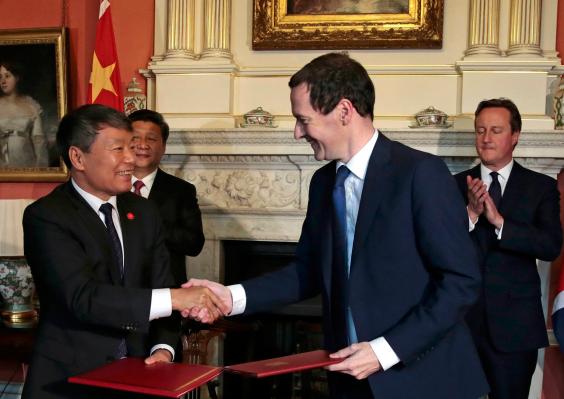
Geroge Osborne and China's Xu Shaoshi shake hands after signing an agreement
Hundreds of the country’s lawyers have just been put in jail for criticising the regime, so there’s a distinct shortage of expert advice for him to draw on. Cameron also insisted the Chinese government is becoming more liberal. One example of this growing political correctness is they’ve removed all mentions of democracy from text books in schools, with a directive to “Never allow statements that attack and slander party leaders and malign socialism to be heard in classrooms.”
Because when a teacher has to shout “WHAT have I told you about maligning socialism in the corridor?” things are moving in the right direction.
But there is, of course, still “room for improvement”. So hopefully the questions in maths lessons will soon include the following: what percentage of Guiyang province was rightfully jailed for slandering the Sports and General Fitness Secretary of Chenzhou North-West Region Communist Party’?
Not everyone will understand the benefits of this state visit - not least if they’re a steelworker about to be put out of work. But as the Prime Minister explained, the way to create employment is to ensure we have a strong economy.
And if we allow our industry to shut down, that will strengthen our economy beautifully, which will mean we have more jobs.
The best thing we can do, in fact, is close down the entire country. Then we could all agree to work in clothes shops in China for 18 hours a day for 90 pence a week. We’ll all be extremely well off, and if any of us are jailed for slandering a party leader we’ll be perfectly placed to discuss our human rights.
Because when a teacher has to shout “WHAT have I told you about maligning socialism in the corridor?” things are moving in the right direction.
But there is, of course, still “room for improvement”. So hopefully the questions in maths lessons will soon include the following: what percentage of Guiyang province was rightfully jailed for slandering the Sports and General Fitness Secretary of Chenzhou North-West Region Communist Party’?
Not everyone will understand the benefits of this state visit - not least if they’re a steelworker about to be put out of work. But as the Prime Minister explained, the way to create employment is to ensure we have a strong economy.
And if we allow our industry to shut down, that will strengthen our economy beautifully, which will mean we have more jobs.
The best thing we can do, in fact, is close down the entire country. Then we could all agree to work in clothes shops in China for 18 hours a day for 90 pence a week. We’ll all be extremely well off, and if any of us are jailed for slandering a party leader we’ll be perfectly placed to discuss our human rights.
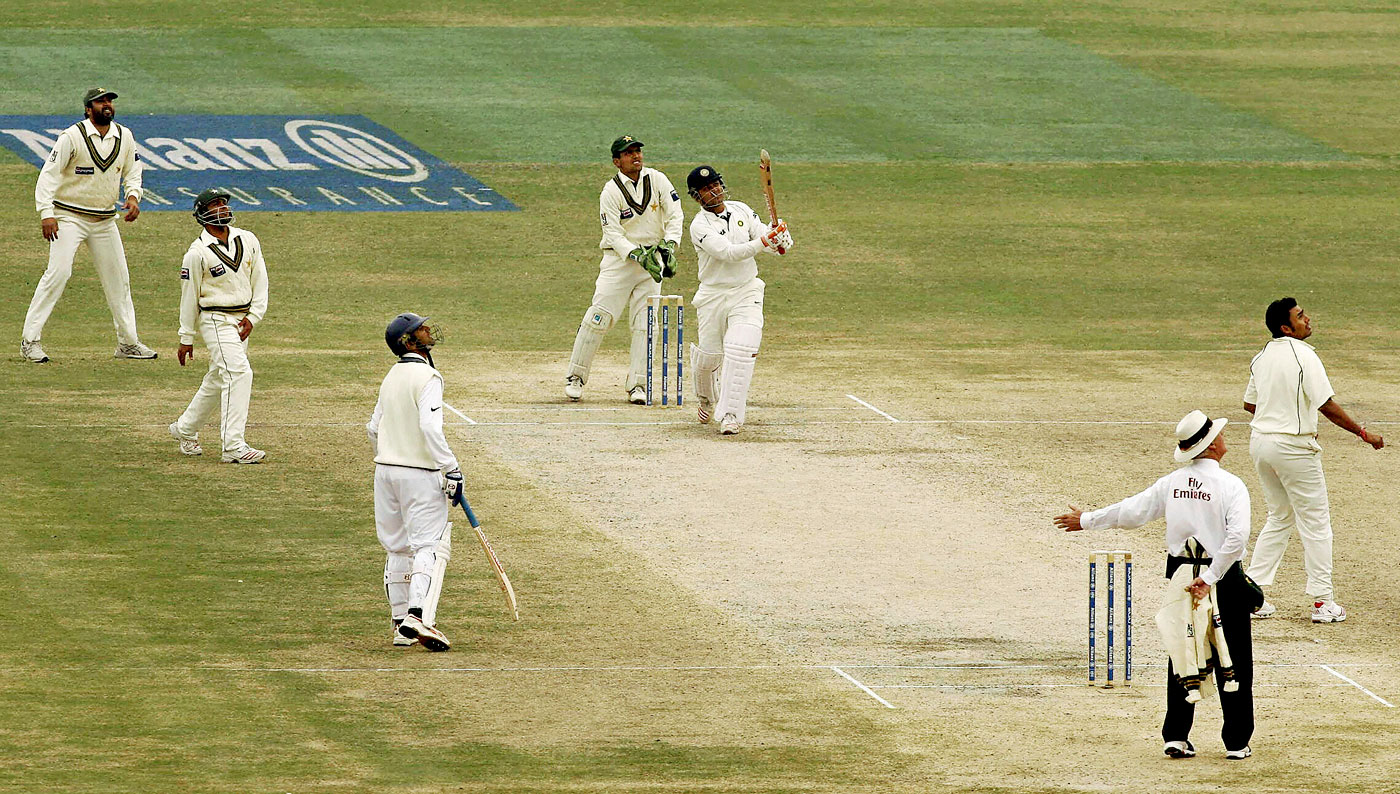 Going up: Sehwag constantly turned traditional batting concepts on their head © AFP
Going up: Sehwag constantly turned traditional batting concepts on their head © AFP Paul Harris ended up the loser in his contest with Sehwag in 2008 © Getty Images
Paul Harris ended up the loser in his contest with Sehwag in 2008 © Getty Images Fury Road: Sehwag set up India's record chase against England in Chennai in 2008 © AFP
Fury Road: Sehwag set up India's record chase against England in Chennai in 2008 © AFP





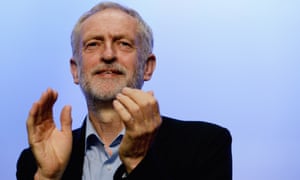
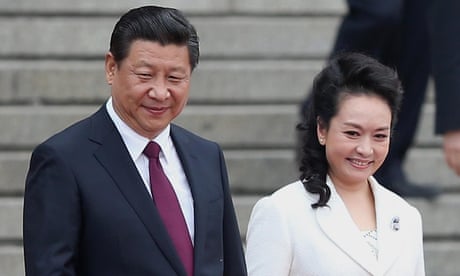

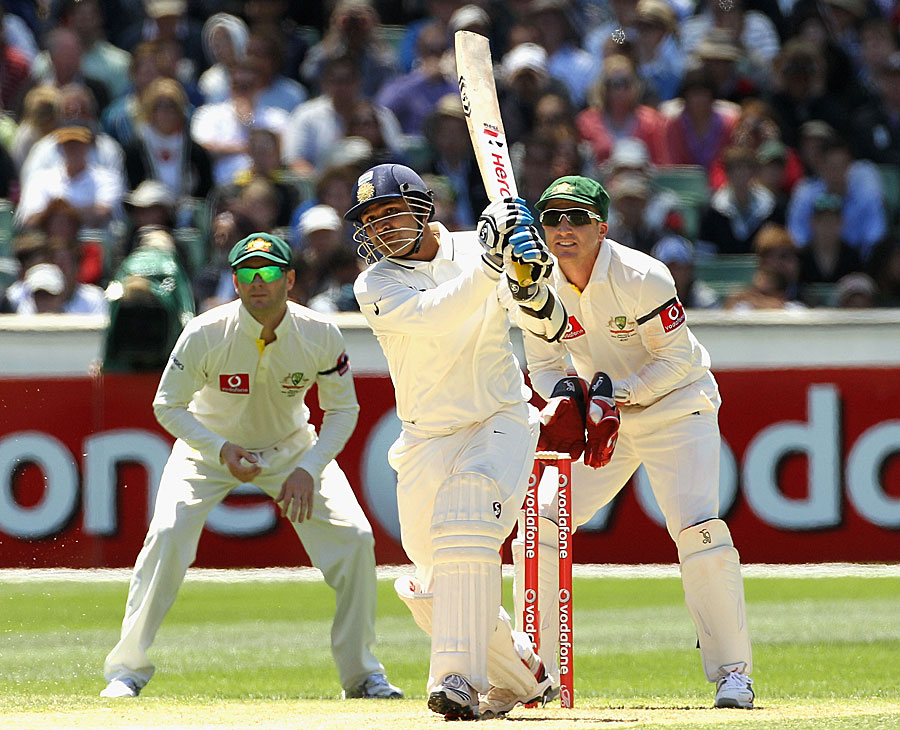 Sehwag: an experience that grabs you © Getty Images
Sehwag: an experience that grabs you © Getty Images